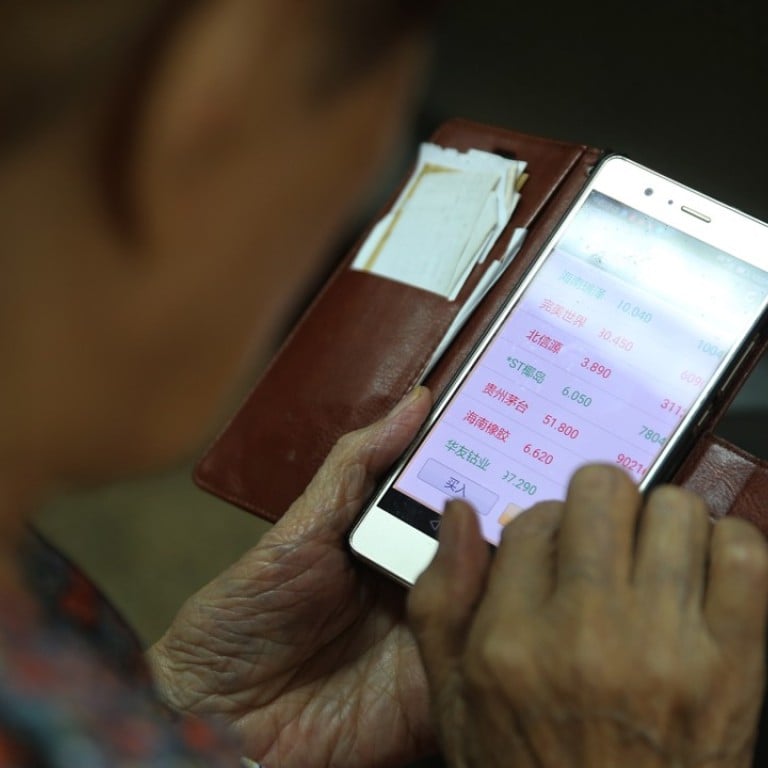
Shanghai savers sound the alarm as more P2P lenders fail to return funds
China’s ailing peer-to-peer (P2P) lending businesses hit yet another blip after two big platforms in Shanghai failed to repay savers, and as key executives disappeared without explanation.
Dozens of savers who’ve demanded repayment to no avail, reported to the local police in Shanghai’s Pudong district on Wednesday to file complaints about Yonglibao.com and Jucaicat.com. The value of the claims are reputed to be worth billions of yuan.
On Tuesday, Yonglibao’s senior management team posted a letter online informing savers that the owner and chairman Yu Gang and chief executive officer Zhang Yufeng had disappeared since Monday afternoon,
Xue Liang, founder and CEO of Jucaicat has also disappeared, Chen Shuhao, chief operating officer of the P2P firm, told the Post.
Technically, P2P is an information provider that matches borrowers and depositors via the internet while charging service fees.
Thousands of mainland P2P firms collected deposits from savers, offering them annualised returns of at least 8 per cent, while lending the funds to cash-hungry businesses such as property developers at lofty interest rates.
The practise prompted China’s law-enforcement agencies to launch a clean-up campaign to weed out irregularities in the P2P industry since 2016.
Aside from swindling investors out of their savings, some of the platforms collapsed as third-party borrowers, falling victim to an economic slowdown, were unable to repay loans.
Investors gathered at a police station at Kangqiao, Pudong on Wednesday morning, submitting documents including their contracts with P2P lending platforms Yonglibao and Jucaicat.
Several investors claimed they deposited more than 1 million yuan (US$148,83) on the platforms.
“We need the big bosses to show up and give us a word about the safety of our money,” said Mo Ming, a depositor at Jucaicat. “I am not expecting to get all the principal and interest back now, but I hope the police can help us get as much as possible.”
Police declined to comment, saying the investigation and evidence collection was ongoing.
The Yonglibao platform had more than 891,000 registered users, according to its website.
The COO of Jucaicat said the platform had 5 billion yuan worth of outstanding loans to borrowers.
In 2015, Ezubao, one of the largest P2P platforms at the time, was likened to a Ponzi scheme, after it was found to have illegally raised 76 billion yuan from more than 900,000 savers in less than two years.
A total of 63 P2P platforms reported issues with liquidity and suspended fund withdrawals in June, up from 10 which suspended withdrawals in May, according to data provider Wangdaizhijia.
Another 17 lending platforms ended businesses operations, and together these 80 platforms owed 3 billion yuan to investors.
The number of operating P2P platforms fell to 1,836 in June from 3,800 in 2015, based on statistics from Wangdaizhijia.
The number may shrink further to under 200 in three years because most existing lenders do not meet regulatory requirements, according to a report issued by the China International Capital Corporation on Friday.



